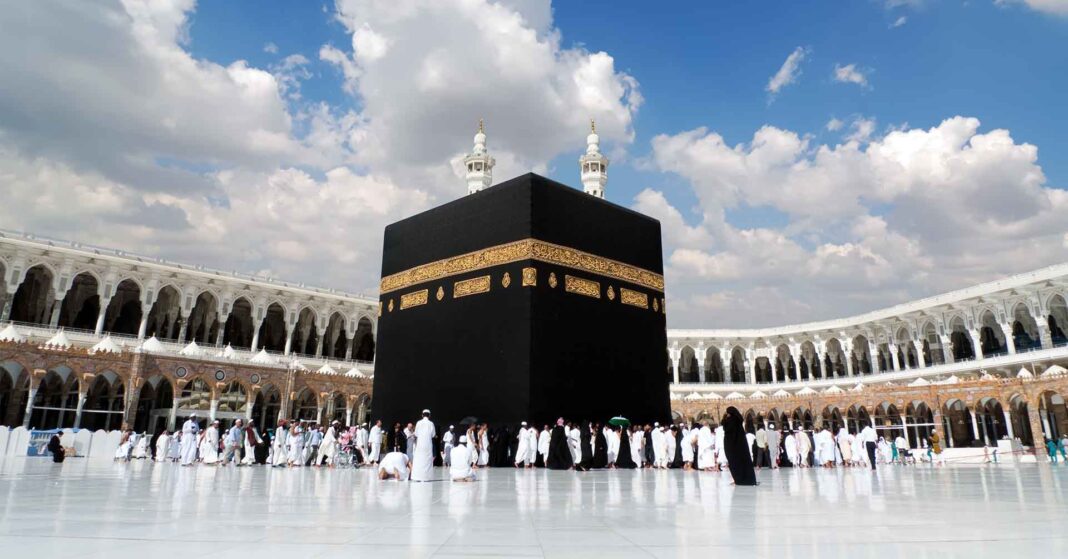Baghdad – The Al-Mada Foundation for Culture and Arts, in partnership with the Goethe Institute in Baghdad, hosted a musical and documentary session on Friday titled Ahlam Wahbi: A Journey of Melody to honor the life and legacy of the legendary Iraqi singer.
The event highlighted key moments from Wahbi’s career, focusing on her significant contributions to the evolution of Baghdadi music. It featured live performances and insightful discussions about her work.
Mohammed Luqman, director of the International Center for the Study of Traditional Music, emphasized how Wahbi’s songs remain deeply embedded in Iraq’s social consciousness. “Her music is inseparable from the Iraqi identity, especially within Baghdadi households, as her songs resonate with genuine human emotions,” he shared.
Luqman pointed out that despite political shifts over the years, younger generations may not be fully aware of Wahbi’s profound impact. He stressed the crucial role of cultural institutions in preserving and promoting her legacy. He specifically highlighted her song Seven Days of My Life, a poignant reflection of traditional Baghdadi wedding customs.
Rafaat Abdul Razzaq, the session moderator, underscored the importance of remembering Iraq’s cultural pioneers. “Honoring those who created something out of nothing is a national duty,” he remarked.
Born in Basra in 1938 to a musical family, Wahbi began her career in the mid-1950s, making her mark on Iraqi radio and television. She worked with esteemed composers like Nazem Na’im, Redha Ali, Khazal Fadhil, and Baligh Hamdi. Wahbi passed away in July 2020, but her artistic legacy continues to resonate with generations



